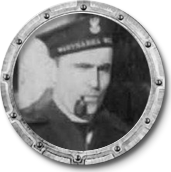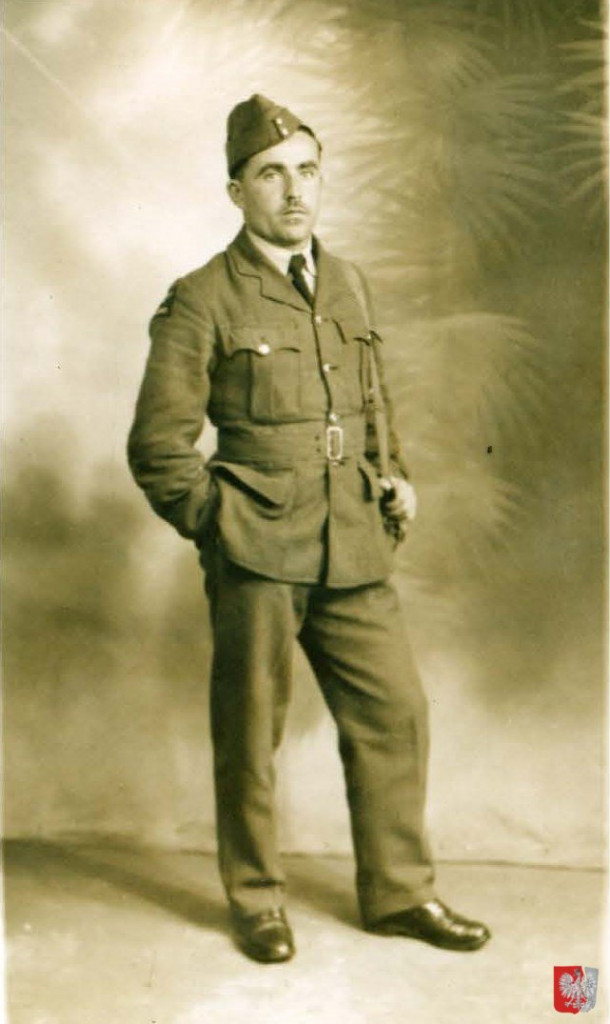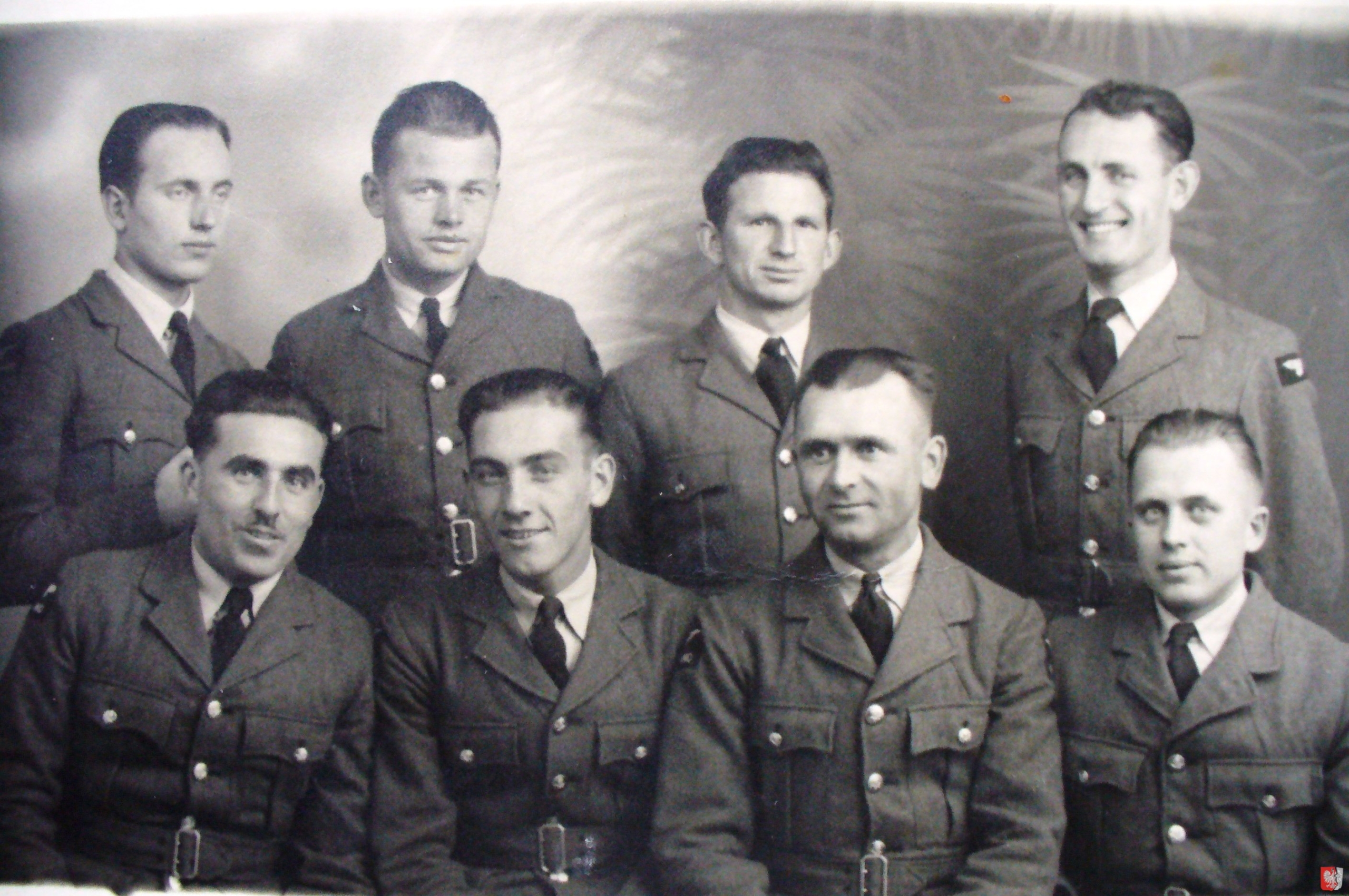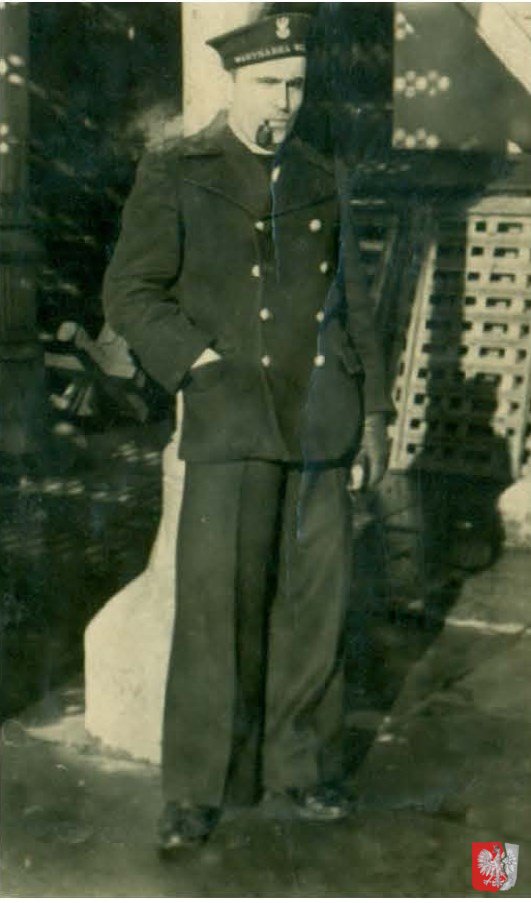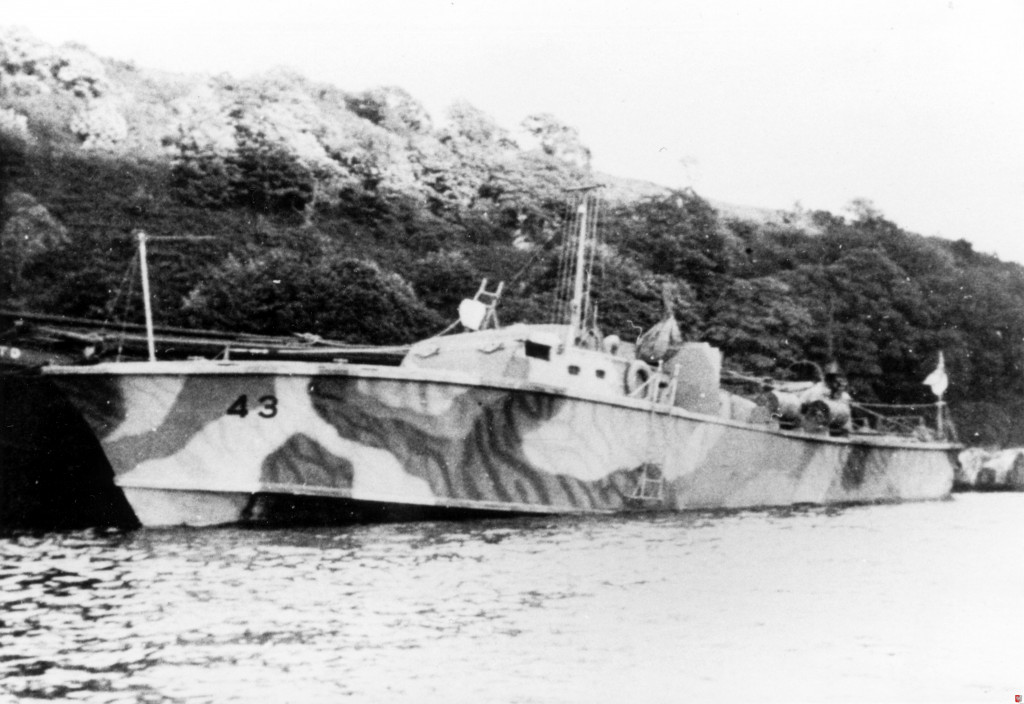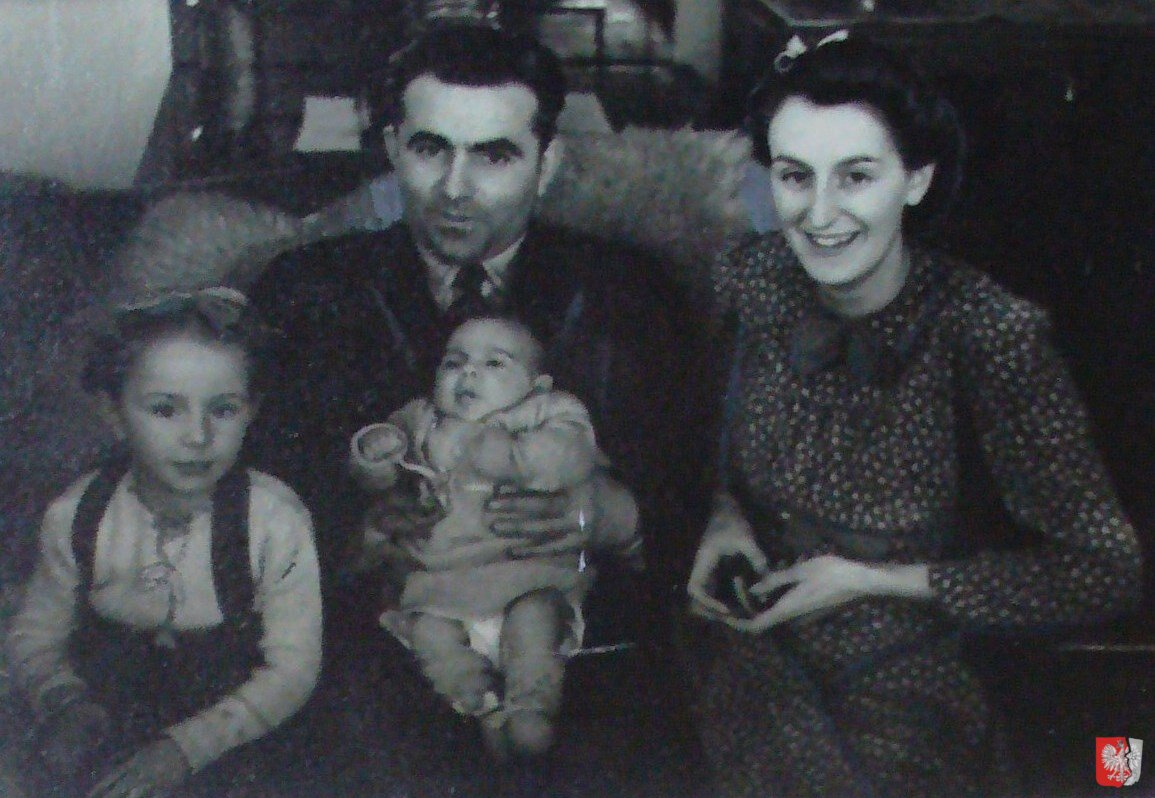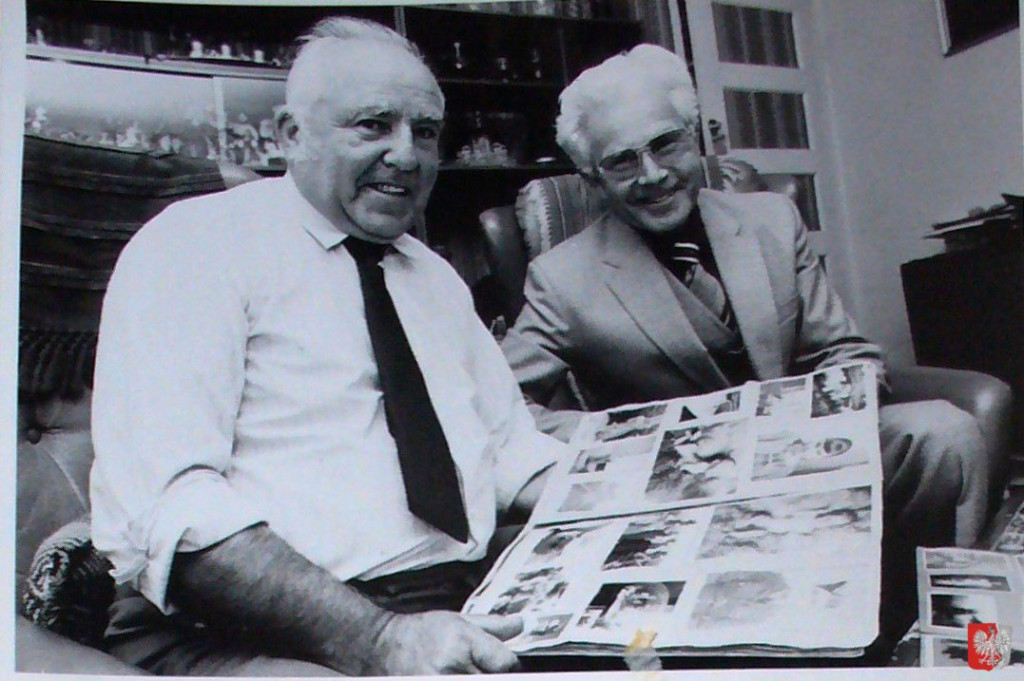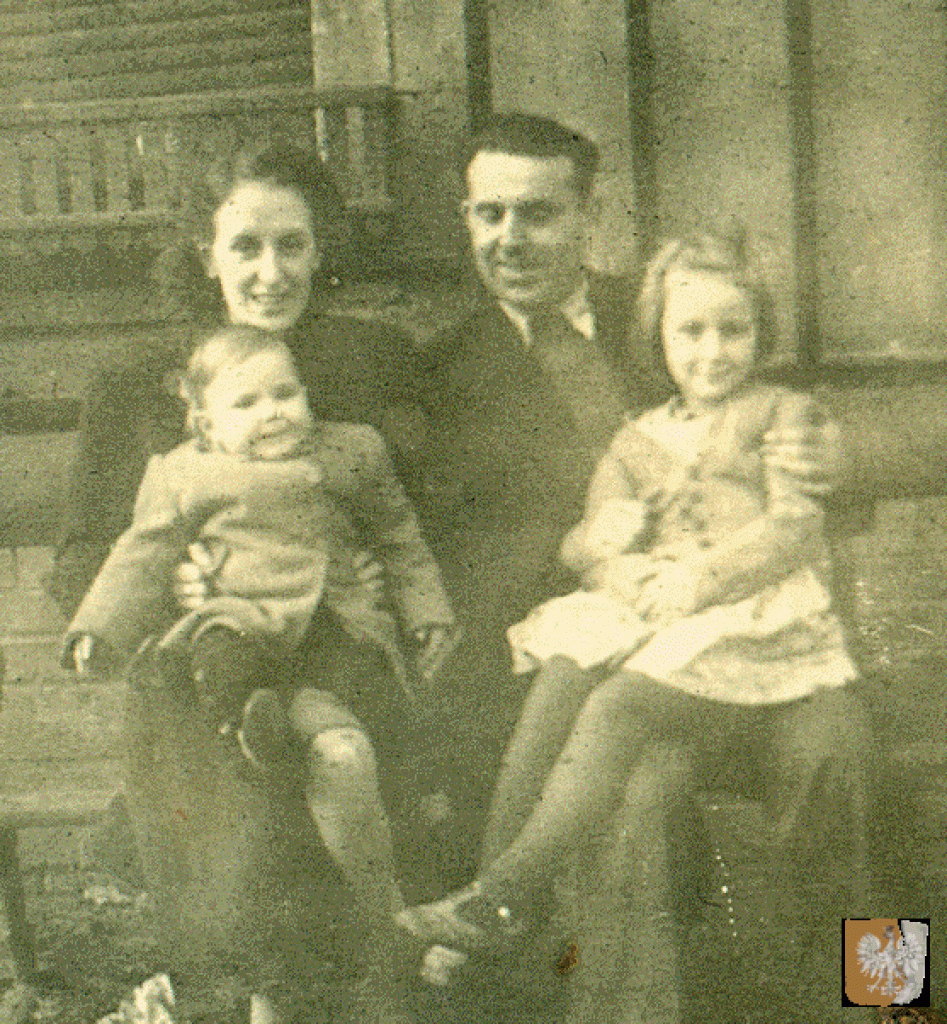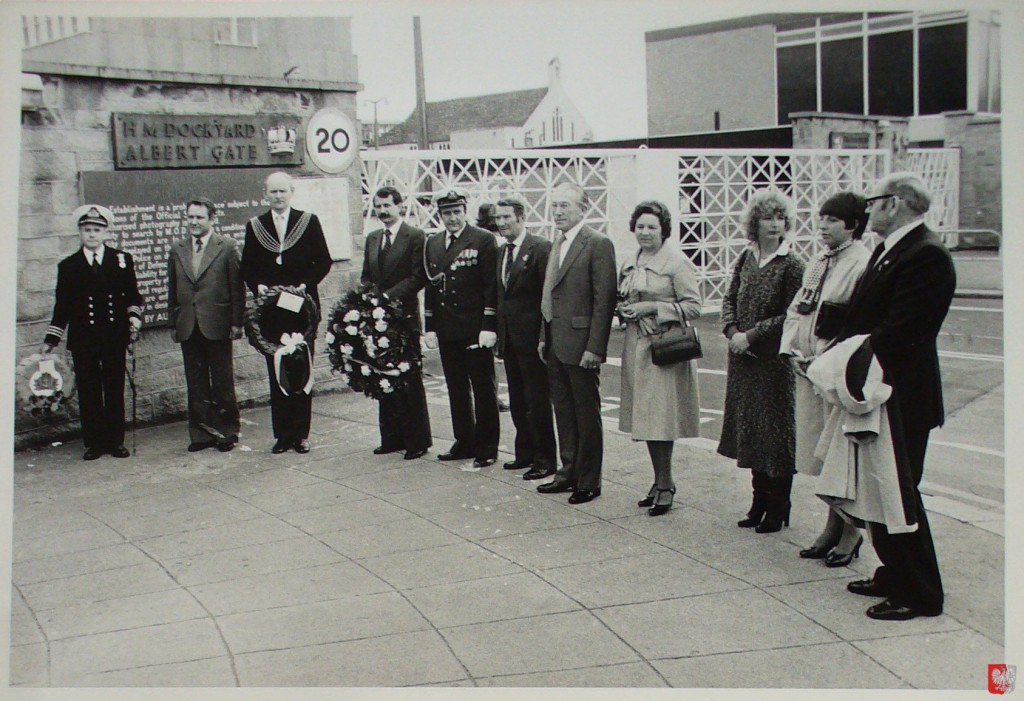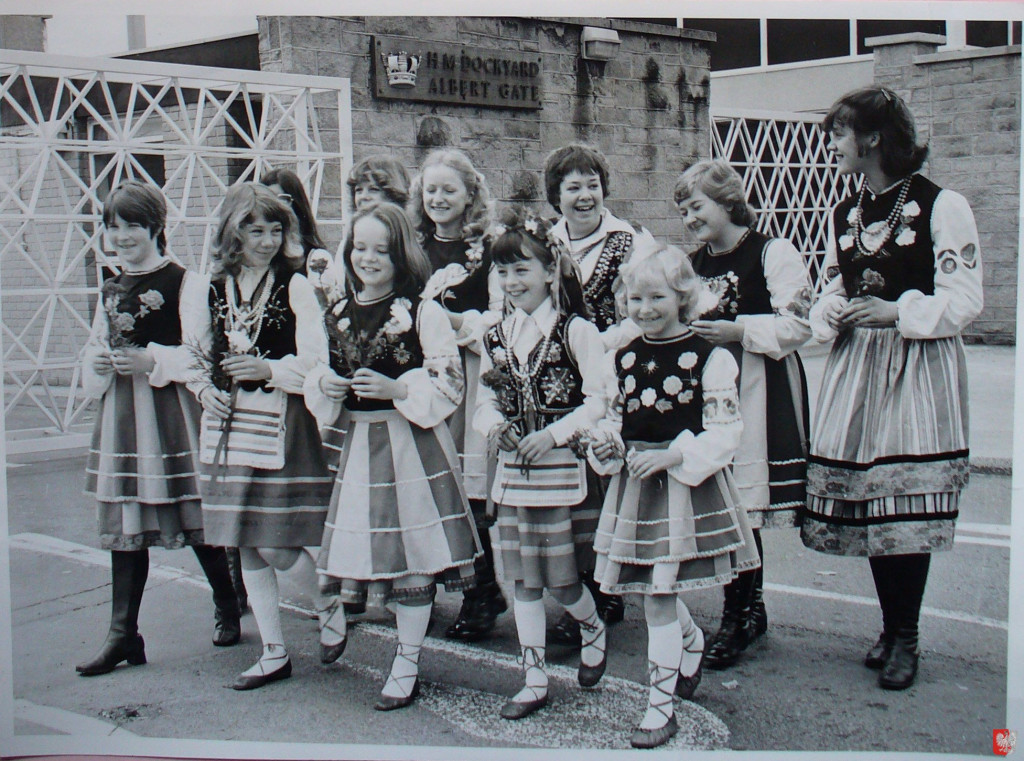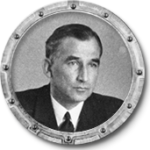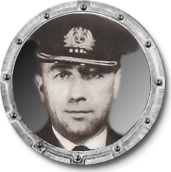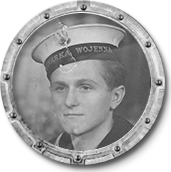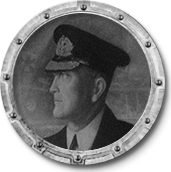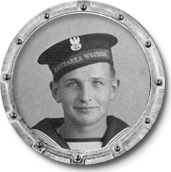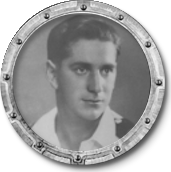
Polish Naval Memories of WWII
In September 1947 Jan Czarnota sailed with his family to Gdansk, choosing repatriation in Poland.
Repatriation to Poland
Jan Czarnota a pre-war railwayman, and engineer on the MTB’s and gunboats during hostilities, decided to return to friends and family in Poland. He had met at a dance, and had married an English WREN on St Valentine’s Day 1942. In the Gazeta Barbara Czarnota wrote,
“On 14 February 1997 my Polish husband, Jan and I celebrated our 55th wedding anniversary. We were married on St Valentine’s Day, 1942. However 1997 marks another anniversary, the September 50 years ago we sailed in the troop carrier Eastern Prince bound for Gdansk.
My husband, who fought throughout the Second World War with the Polish and Allied forces, is a strongly patriotic man. At the end of the war he saw the only way forward was in his own country. I agreed with him, especially as people where we lived over here seemed to be so antagonistic towards the Poles, seeing them as contenders for jobs and houses. How quickly the wartime solidarity was forgotten.
We decided to await the birth of our second child before signing on for repatriation in January 1947. In June we received our marching orders and went first to Hiltinbury camp near Eastleigh, Hampshire, before moving to Prestwick in Scotland prior to embarkation.
We were young and full of the spirit of adventure. How our mood changed when five days after leaving Britain we arrived in Gdansk to see a crowd, all waiting with placards and names of awaited relatives displayed behind barbed wire barriers.
It was a great shock to be marched between the barbed wire to filthy quarters, knee-deep in rubbish, at a camp recently vacated by Germans. From pieces of cardboard we made brooms to try and clear up the floors.
Jan decided to return to his pre-war job on the railways and we were offered re-settlement in the territory released from Germany. So we started our journey to Jelenia Gora in Dolny Slask where were allocated a house, empty except for a garden table and single chair. I wrapped our two children in sheepskins and blankets and we settled down to life behind the Iron Curtain.
Parcels were delivered to the local post office in a sealed sack. You had to open the sack at the counter. Mine revealed a ‘vandalised’ parcel from home. Every tin had been punctured, every packet opened and the contents mixed with every other one. I took one look and up-ended it into the rubbish bin, returned the sack to the clerk and wrote to my mother not to bother again.
In elections voting was compulsory. Along with other British wives I decided to try and wriggle out of voting by saying that I was not a Polish citizen. I held out as long as possible on polling day in spite of many visits from the security police. But at 7pm I was marched between two armed guards to register my vote. It was a farce anyway. All I had to do was put my voting paper in an envelope and put it into the box as all the listed candidates were going to be elected.
Jan never joined the communist party, although there would have been advantages and much pressure was put on us. But, gradually we were being brainwashed and that was the most frightening thing of all, especially as none of us believed the empty promised.
… Of course, I was in a no-go situation. I could not leave with my husband and was not recognised as having dual-nationality, so I was stuck and did not know if we would ever be able to leave as a family. Living in Poland was becoming intolerable with not future that I could see.”
Barbara suffered a nervous breakdown. Finally, in 1958 Jan and his family were eventually allowed to leave Poland to return to Britain. The Czarnota family arrived back in Plymouth – with no jobs, no money and no entitlement to any British benefits. Jan had to take employment as a labourer at first, before becoming a boiler-man with the Plymouth hospitals. Barbara started work on the assembly line at Bush Radio, but then was able to train as a nurse. She worked at Devonport and Derriford Hopsital Operating Theatres until Retirement.
Source: Poles Apart: Polish Naval Memories of WWII by Martin Hazell
